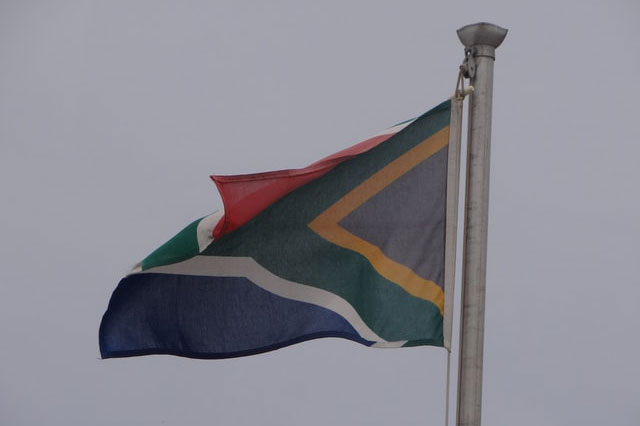Pretoria — South Africans head to polls on May 29 in the most competitive general election in three decades, where the ruling African National Congress (ANC) faces growing disillusionment and risks losing its outright majority.
Here are five main points shaping the ballot to elect a new National Assembly whose members will vote for the president.
A third of South Africans unemployed
South Africa has one of the highest unemployment rates in the world. As a result, millions of people in the continent’s most industrialised economy live in poverty.
Out of a population of 62 million, 32.9 percent are unemployed – far more than when the ANC came into power – and 28 million rely on welfare grants to survive.
The rise of unemployment has been fuelled by the country’s almost stagnant economy over the last decade and only grew 0.6 percent in 2023.
“Born frees”, young people born post-apartheid, are the largest victims of the jobless rate, with youth unemployment sitting at more than 40 percent.
Anti-foreigner sentiment
Despite the lack of jobs, South Africa attracts many economic migrants from elsewhere in Africa, with some 2.4 million foreigners officially registered in the country.
Out of the more than 50 competing parties, several have mobilised xenophobic sentiment as part of their campaign messaging.
The nation is periodically plagued by anti-immigrant violence. Sixty-two people died in riots in 2008 and violent clashes broke out in 2015, 2016 and again in 2019.
In April, the government approved a reform of the immigration laws that, if adopted, would increase the number of deportations.
Plagued by corruption
For many, the storied ANC has become synonymous with corruption.
Party membership has dropped by more than 30 percent in the last five years, according to an organisational report in 2022.
Recently a string of senior ANC politicians, including the then-president, vice president and speaker of parliament, have been embroiled in graft scandals.
A ground-breaking probe into state corruption under ex-leader Jacob Zuma between 2009 and 2018 exposed looting of public coffers for years.
Yet to date, no significant progress has been made in prosecuting those involved.
President Cyril Ramaphosa, who came into office promising a “new dawn” after Zuma’s scandal-rocked tenure, came under fire in 2022 when he was accused of concealing the theft of a huge haul of foreign currency from his farm instead of reporting it to police.
A police investigation is still under way.
Water and electricity woes
South Africans remain vexed by a prolonged electricity crisis that has put a drag on the economy, as the debt-laden state energy firm Eskom fails to produce enough electricity and struggles to maintain power stations.
The outages started on a very low level 15 years ago but scaled up calamitously last year, leaving consumers without power for up to 12 hours a day.
But the power cuts stopped at the end of March, a move that many suspect to be a temporary fix for the ANC to gain favour ahead of the vote.
Although South Africa is one of the globe’s largest greenhouse polluters, the environmental issue has almost been absent in election campaigning.
The country’s net zero ambitions and transition to cleaner energy have so far proven difficult, with solar accounting for under three percent of electricity production, according to Eskom.
Rape and murder
South Africa recorded almost 84 murders a day between October and December, according to police statistics.
Apart from countries at war, South Africa’s per capita homicide rate is one of the highest in the world.
In addition, one rape is recorded every 11 minutes, official figures show in the country with one of the highest crime rates in the world.
Although authorities have talked tough about cracking down on rampant crime ahead of the poll, quarterly statistics presented by the police show a steady increase.
Follow African Insider on Facebook, Twitter and Instagram
Source: AFP
Picture: Unsplash
For more African news, visit Africaninsider.com


